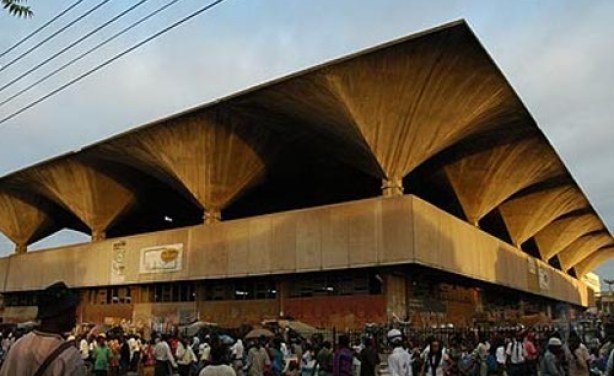Dar es Salaam — It has been revealed that the East Africa's second largest economy loses over Tsh900bn ($571.79m) revenue due to counterfeit businesses.
The figure is consists of tax revenues only. Speaking to East African Business Week during the event to launch 'Public Awareness Campaign on Fair Competition Commission (FCC), mandated to handle counterfeits in Dar es Salaam last week, the United Nations Industrial Development Organization (UNIDO) Country Representative Mr. Emmanuel Kalenzi said that the manufacturers of counterfeits intentionally cheat by selling fake goods to the consumer.
"The consumer ignorance is exploited and the genuine manufacturer producing the right product losses the prospective market and the industry eventually will collapse due to this manipulative behavior," Kalenzi said.
Kalenzi said that the increment of counterfeits and substandard goods in the country could also lead to diversion of any possible investor for fear of unfair competition in the local market.
Worse still, he added, "investors risk being scared away if the conditions do not offer a leveled ground for competition."
He added, what we call fair competition, the whole practice simply counters the efforts by the concerned countries to promote investment and to attract foreign direct investment which is much needed to spur local economic development.
Kalenzi quoted a paper presented by the Economic and Social Research Foundation (ESRF) in Dar es Salaam recently which said that the counterfeits market in 2010 was estimated at about $525m.
"The government revenue losses due to counterfeits were estimated in the range of 15 to 25% of total national revenue, about Tsh900bn ($517.79m)," Kalenzi said adding, "This is not a very encouraging picture."
He noted, the losses are only looking at tax revenue, less is known on industrial production down cuts to respond to unrealistic competitive conditions in the market introduced by counterfeits and substandard products.
But the question then is, he said if he government losses so much, who benefits from the trade in the counterfeits and related product? It's not the consumer, and not the industry!
"The consumer is only manipulated and misled by the price, but will ultimately spend more to compensate for the usually accelerated depreciation of the substandard product," he said.
Again, as said before the genuine industry is only cheated of the market and a likely end up in a collapse, the national economy is only in multiple tragedies, loosing meaningful tax revenues and loss in production from genuine industries, he added.
The FCC's Chairman, Mr Nikubuka Shimwela said Tanzania passed through an economic transition from a centrally planned economy to a market economy, which was ushered in by trade liberalization in 1986.
Shimwela said it was later followed by privatization of state owned enterprises in 1992, and establishment of the modern regulatory and competition oversight regimes through enactment of appropriate legislation between 2001-2003.
He added, these efforts aimed at enhancing competition in the economy by allowing more private sector participation in economic undertakings.
We are all witnesses of the positive achievements recorded in these endeavors, particularly in promoting competition in trade and commerce, Shimwela said.
"We now have more private banks, financial institutions, private insurance firms, more industries, modern regulatory regime in various sectors and a growing private sector," he explained.
He added that these have all been possible through the government's commitment to reforms and through the immensurable technical and financial assistance from our international development partners.
via East African Business Week



